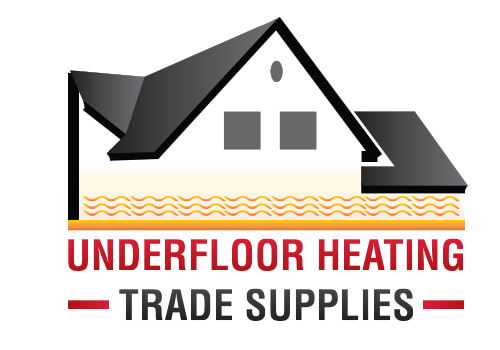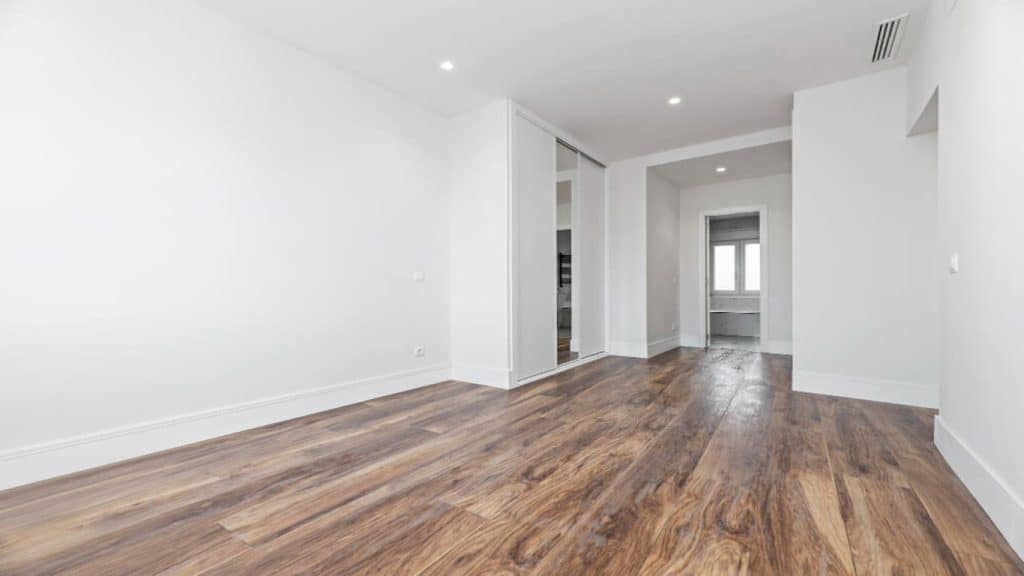
Integrating underfloor heating on floorboards or timber floorboards can be a delicate process. Here’s how to install them properly without complications…
Timber or wooden floorboards are one of the easiest types of flooring that emit here. Remember, we are not talking about vinyl flooring here; we mean the floorboards beneath your carpet, that lays the groundwork for your flooring as a whole. This is often the base on which you can install underfloor heating. In this article, you will learn how to install underfloor heating on floorboards, with guidance on the correct process to avoid potential faults – both on the flooring as well as your underfloor heating kits – alongside the best maintenance tips to ensure your underfloor heating performs efficiently.
Key Points:
- Understand the compatibility of different wooden floors with underfloor heating systems.
- Explore installation options for both electric and wet underfloor heating.
- Learn about the importance of acclimating wood flooring before installation.
- Discover tips to prevent common issues such as warping or uneven heat distribution.
- Can You Install Underfloor Heating Under Wooden Floors?
- Choosing the Right Wood for Underfloor Heating Systems
- Underfloor Heating on Timber Floors with Suspended Installations
- Electric Underfloor Heating on Timber Floors
- Solid Wood Flooring
- Engineered Wood Flooring
- Advantages of Engineered Wood Over Solid Wood
- Installation Methods for Underfloor Heating on Floorboards
- 1. Adhesive
- 2. Battening
- 3. Floating
- Acclimatisation The Wood Before Installation
- Maintaining an Expansion Gap
- Common Problems with Underfloor Heating Under Wooden Floors
- Maintenance Tips on Underfloor Heating on Floorboards
- Cost Considerations of Underfloor Heating Systems
- Choose Underfloor Heating Safely on Floorboards
- Underfloor Heating on Timber Floors for Sustainability
Can You Install Underfloor Heating Under Wooden Floors?
Installing underfloor heating on floorboards is increasingly popular, providing a cosy warmth that spreads evenly throughout any room. The good news is, yes, you can definitely lay underfloor heating on floorboards.
Timber floors, known for their excellent heat transfer capabilities, make an ideal surface for underfloor heating systems. However, it’s crucial to choose the right type of wood as different varieties have specific characteristics that affect their performance under the added heat. Be sure to also check out the official guidelines regarding floor insulation.
Choosing the Right Wood for Underfloor Heating Systems
When selecting wood flooring for underfloor heating, not all woods perform the same. Engineered wood and certain types of solid wood are better suited for this purpose. Engineered wood, in particular, is designed to handle the fluctuations in heat due to its composite construction, making it a preferred choice for electric underfloor heating on floorboards.
Before proceeding, ensure that your choice is compatible with underfloor heating by consulting with your flooring supplier.
Underfloor Heating on Timber Floors with Suspended Installations
For homes with suspended floors—common in many older buildings—the installation of underfloor heating can be a bit more complex.
If opting for a wet underfloor heating system, this process will require lifting the existing floorboards to install the system underneath – otherwise known as retrofitting. These floorboards must then be securely replaced or modified to accommodate the new system, ensuring everything fits seamlessly without disrupting the integrity of the floor.
Installing underfloor heating on suspended timber floors often involves fitting systems between the floor joists. This setup should include tight-fitting underfloor heating insulation boards and pipework, all secured and sealed to prevent any air leaks.
Some systems may also use thin metal plates or chipboard mats with embedded pipes, positioned directly atop the joists. These solutions add minimal height to the floor but require precise installation.
For this section, jump into these other guides for relevant info:
Electric Underfloor Heating on Timber Floors
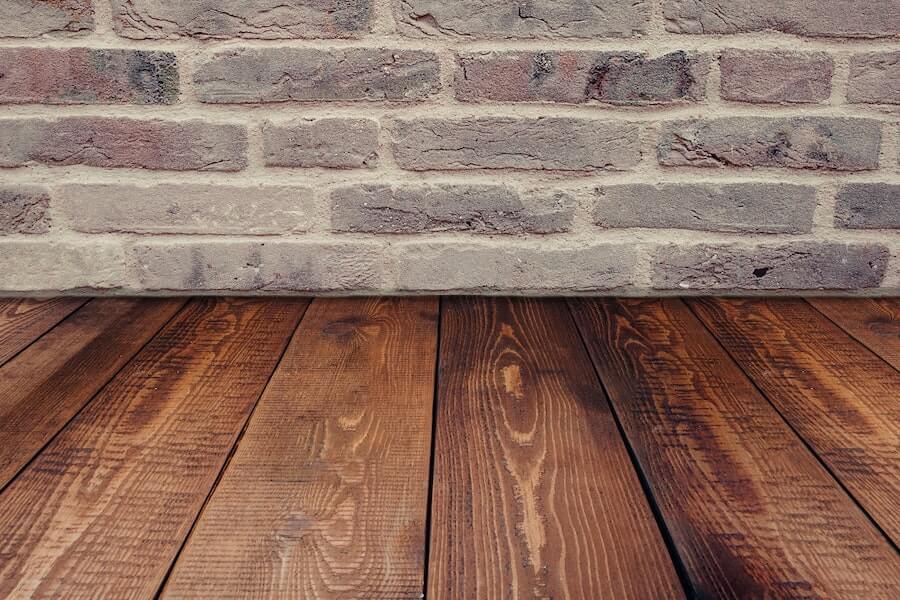
For those that would prefer electric underfloor heating systems, underfloor heating mats can be installed directly under wooden floors.
In this case, the original floorboards will serve as the subfloor upon which heating elements are laid, typically over a base layer like plywood or tile backer board, followed by the final flooring material. Ensure that the electric heating system is specifically designed for use with your type of wood flooring to prevent damage and to distribute heat better.
Solid Wood Flooring
Solid wood flooring possesses, in a way, a timeless charm, but it requires careful consideration before pairing it with underfloor heating.
The natural tendency of solid wood to expand and contract with temperature changes can pose significant challenges for homeowners. To prevent this, specialists recommend using kiln-dried timber with a low moisture content (between 6% and 9%). This particular preparation helps the wood maintain its stability and shape through the seasons and the varying temperatures of underfloor heating systems. Yet, even with these precautions, solid wood is generally not advised for parquet flooring if underfloor heating is involved.
Engineered Wood Flooring
Engineered wood flooring is often favoured for underfloor heating on timber floors due to its structural stability. Constructed from multiple layers laminated together, engineered wood is less prone to the dimensional changes that affect solid wood. This makes it ideal for use over both electric underfloor heating on floorboards and wet underfloor heating systems too. Typically, a board width of around 150 mm is recommended for optimal heat transfer and stability.
Advantages of Engineered Wood Over Solid Wood
Engineered wood not only mimics the aesthetic appeal of solid hardwood floors but also offers several practical benefits:
- Stability: Less susceptible to fluctuations in humidity and temperature.
- Versatility: Suitable for all levels of a home, including below-grade installations like basements.
- Cost-Effectiveness: Generally more affordable than solid wood.
- Durability: Long-lasting and resilient under varied environmental conditions.
Installation Methods for Underfloor Heating on Floorboards
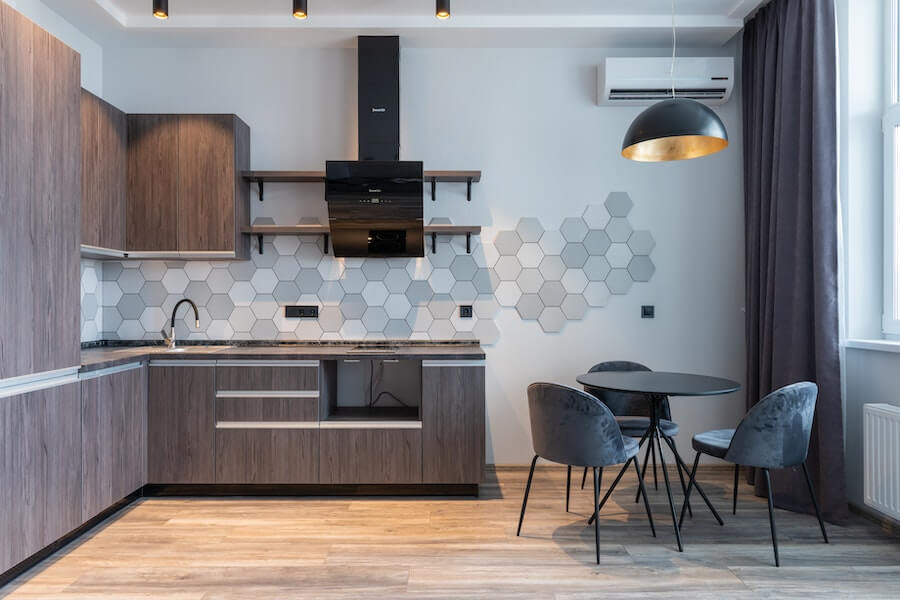
Here is how you should correctly install underfloor heating on floorboards and timber floors
1. Adhesive
This method involves using adhesives to bond wood floorboards directly to the underfloor heating system laid on the subfloor of concrete or screed. Explore our underfloor heating adhesives that are compatible with both the heating system and the wood type.
2. Battening
For those preferring a more traditional approach, battens can be fixed across the floor, onto which the wooden flooring is then attached using screws or nails after the screed has dried. Caution is necessary to avoid damaging the heating system beneath.
3. Floating
A less invasive and labour-intensive method is the floating installation, where wooden boards, typically engineered with tongue-and-groove edges, are laid over the heating system without being directly affixed to the subfloor. This technique allows the floor to expand and contract more freely, reducing the risk of warping or other moisture-related issues.
Acclimatisation The Wood Before Installation
Whether you choose solid or engineered wood, allowing the wood to acclimatise to the installation environment should be prioritised before installing. This process involves laying the wood out in the room where it will be installed for several days, allowing it to adjust to the room’s temperature and humidity. This reduces the risk of expansion, warping, or contraction after the installation is complete, which could lead to gaps or buckling.
Maintaining an Expansion Gap
When installing underfloor heating on floorboards, always leave a sufficient expansion gap—about 15 mm—around the edges of the room. This gap accommodates the natural expansion of the wood and can be discreetly covered with skirting boards or trim.
Common Problems with Underfloor Heating Under Wooden Floors
Installing underfloor heating on timber floors can sometimes lead to issues if not managed correctly. The most typical problems include:
- Uneven Heating: Hot spots or uneven heat distribution can occur if the system is not correctly installed.
- Moisture Concerns: High humidity or moisture can lead to warping or swelling of the wood.
- Thermal Expansion: Wood expands when heated, which can lead to structural stresses if not accommodated for in the installation process.
- Surface Temperature Limits: Exceeding a surface temperature of 27°C can damage the wood, altering its appearance and integrity.
Maintenance Tips on Underfloor Heating on Floorboards
Ensuring a successful underfloor heating installation under wooden floors involves several critical steps:
- Professional Installation: Always use experienced and knowledgeable contractors for both new installations and retrofits. This ensures the underfloor heating on floorboards is correctly fitted and operates efficiently.
- Temperature Management: Avoid turning the heating system off for prolonged periods. Gradual temperature adjustments prevent shocks to the wood, maintaining its condition over time.
- Proper Cleaning: Use recommended cleaning products and follow the manufacturer’s instructions to avoid damaging the wood. Regular maintenance checks are crucial for early detection of any potential issues.
- Monitoring: Regularly inspect the system and the floor surface. Ensure that the thermostat is accurately calibrated to avoid overheating and ensure even distribution of warmth.
Cost Considerations of Underfloor Heating Systems
The investment in underfloor heating systems varies widely based on several factors:
- Type of System: Whether you choose electric underfloor heating on floorboards or a hydronic system, costs will differ, particularly in terms of installation and running expenses.
- Flooring Material: The choice between solid wood and engineered flooring can significantly affect the overall costs due to differences in material prices and installation procedures.
- Installation Complexity: Costs can increase depending on the complexity of the installation, such as whether the system is being retrofitted in an old home or installed in a new build.
Choose Underfloor Heating Safely on Floorboards
In conclusion, the best flooring for underfloor heating is one that conducts and retains heat effectively while maintaining structural integrity, and this includes floorboards. Engineered wood is often recommended over solid wood due to its dimensional stability and heat tolerance. Ensuring that your underfloor heating and flooring works seamlessly is key to achieving an efficient, durable, and comfortable heating solution.
Look at some of our other articles about how to look after your underfloor heating system:
Underfloor Heating on Timber Floors for Sustainability
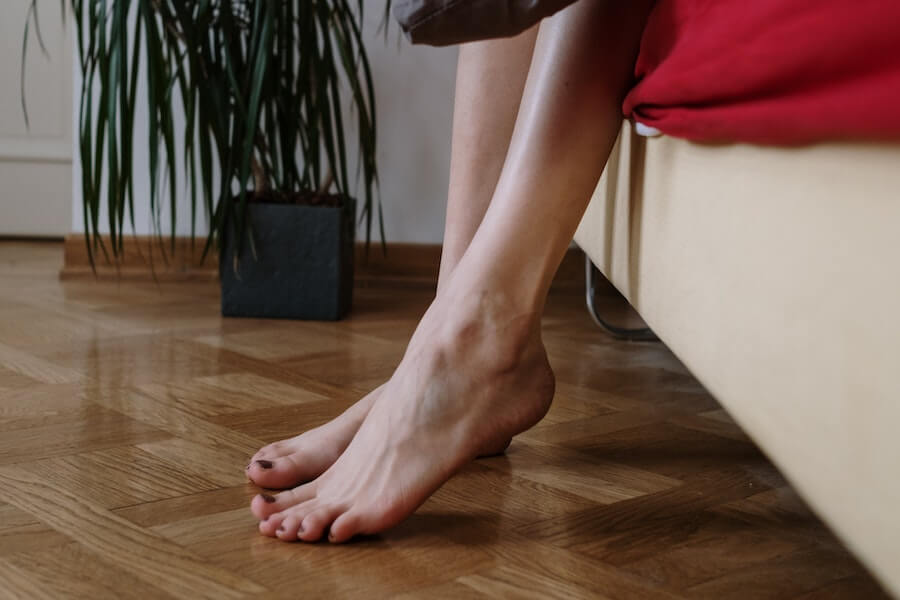
With their huge popularity, it is no wonder that underfloor heating is retrofitted for timber floors too. If you are finding that your home is cold because of timber flooring, it may be because you have not yet installed a system of underfloor heating on timber floors yet. You can only experience the benefits for yourself by ordering your set of underfloor heating now.
FAQs
Can underfloor heating be installed on timber floors?
Yes, underfloor heating can be installed on timber floors. Certain precautions should be made beforehand to ensure the timber is safe and secure for underfloor heating to be applied to it.
Which form of underfloor heating is best to be used on timber floors?
Electric underfloor heating is the preferred method for timber floors, because it is simpler to install and can be controlled easier than water underfloor heating.
How is underfloor heating installed on timber floors?
When it comes to installing underfloor heating on timber floors, the results can somewhat vary depending on the form of underfloor heating system you wish to use, as well as the layout of insulation boards, and how this can be improved by laying down screed or other self-levelling compounds.
Can underfloor heating damage timber floors?
If the heating temperature is too high, this can damage your timber flooring. From this, the timber flooring can dry out and begin to shrink, lessening the effects the underfloor heating systems will emit to its surrounding.
Sources
Energy Saving Trust. (2020). Floor insulation. [online] Available at: https://energysavingtrust.org.uk/advice/floor-insulation/ [accessed 11/02/2025]
